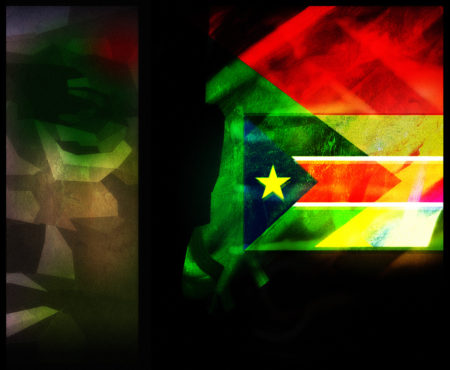
This article was originally published by the Harvard International Review (HIR) on 5 July 2016.
South Sudan is the world’s newest nation, and one of its most troubled. Rich in oil reserves and with vast fertile lands it could—if peace is assured—feed itself and much of Africa. Instead, it has been racked by internal violence. Since its independence from northern Sudan in 2011, a devastating civil war has left tens of thousands dead and up to two million displaced.
There is little doubt both government and rebel forces were guilty of atrocities during that conflict, many of them ethnic crimes. It is because of the nature of these crimes that the international community must be careful about mechanisms for ensuring peace.
History teaches us that the birth pangs of new nations can be extremely painful, and that the likelihood of violent struggle over divisions of race can be high. Many newly independent nations have subsequently fallen into internal strife. It took the United States 200 years to reduce discrimination in the law, and the country descended into a civil war in the process. Less than a hundred years ago, southern Ireland gained independence from the United Kingdom after an internal armed conflict surrounding differences of religion and a desire for self-government.
